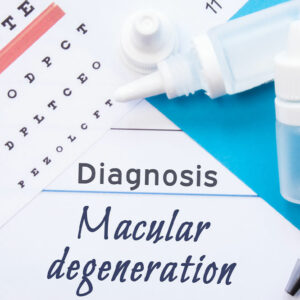
Watch Out for These 5 Severe Signs of Migraine
Migraine is a condition that can develop in anyone, however, women are three times more likely to get it. Some may have one or two episodes a year, while others could experience more than 10 episodes a month. The symptoms and severity of an episode may vary from one person to another. Migraine usually develops as a headache, beginning on one side and spreading to the entire head or shifting from one side to another. Severe signs to recognize Moderate to severe headache, nausea, diarrhea, loss of appetite and abdominal pain, and feeling too warm or cold are also common symptoms of a migraine. These symptoms are not alarming and get better with proper treatment and rest. However, there are some signs of headaches and migraines that one should not ignore. Migraine with aura As migraine is a neurological disease, one may experience symptoms like aura, where they see halos, flashing lights, zig-zags, and blank spots. Some may even experience a temporary loss of vision. Aura symptoms typically begin within one hour of the onset of the migraine. These symptoms usually last between thirty minutes to one hour. Some may experience confusion, weakness, or paralysis. Though aura symptoms alone are not dangerous, they could indicate other conditions like stroke.
Read More. 














